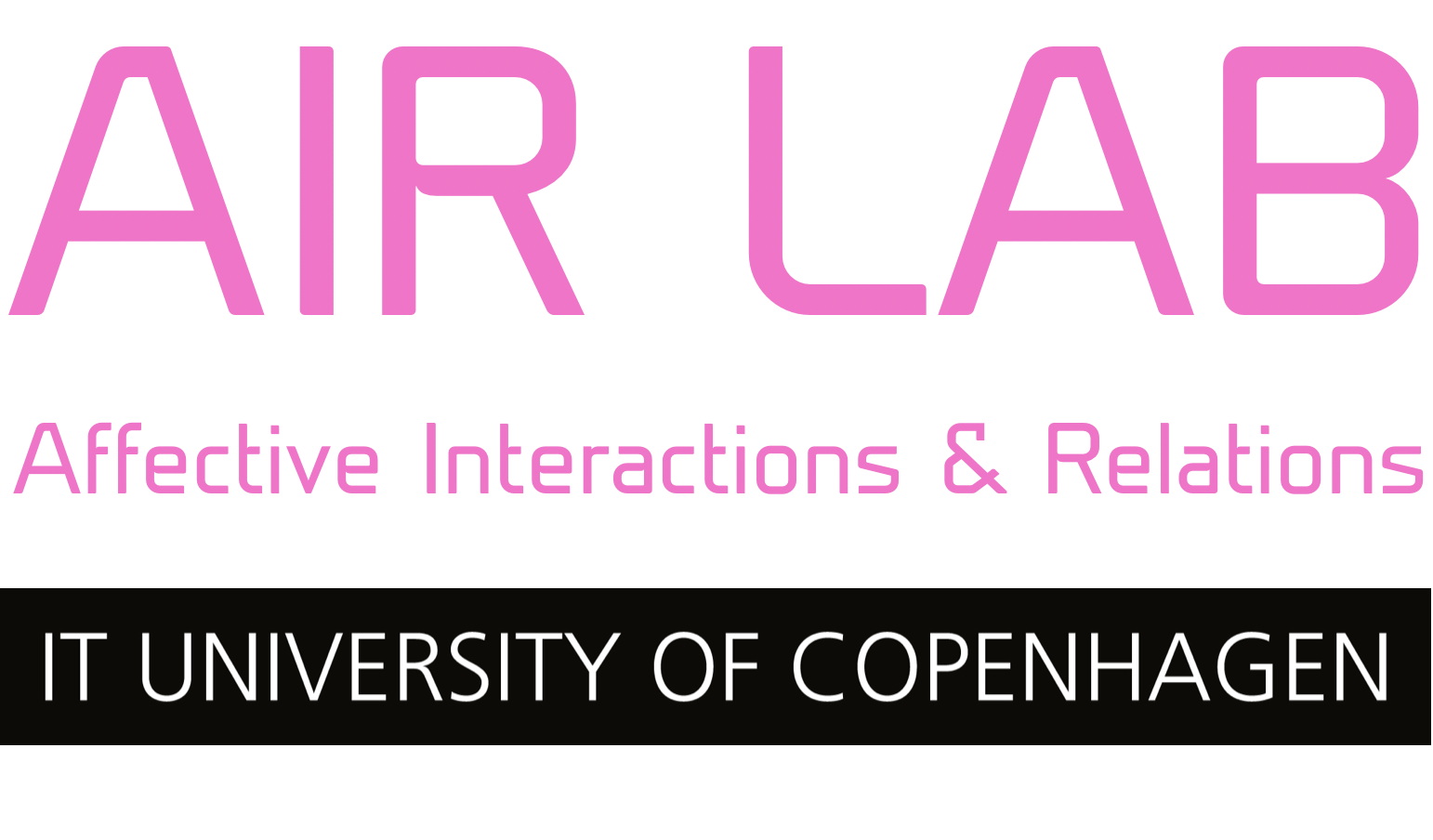
With the advent of emotion recognition in consumer products, technology is set to play a more intimate role in people’s lives – but understanding the possible implications is not easily achieved through traditional methods of inquiry.
This thesis project builds upon the framework of reflective design, which prescribes a socially responsible technology practice, and presents awkwardness as a strategy to spur necessary critical reflection on part of both developers and users.
In a research through design process, the concept is underpinned by the development of a speculative voice assistant prototype, Frank, who is deployed for two weeks in three different domestic environments.

Frank is based upon sound classification implemented in TensorFlow Lite on a Raspberry Pi with audio I/O. He asserts an ability to detect funny situations – and tries to take part in these – and the participants of the user study continuously report on their interactions with, and perception of, him. These reports are further discussed in a concluding interview.

The project confirms that ongoing critical reflection is desirable to account for the possible implications of affective technology – and incorporating awkwardness in the design process might be one way of achieving this.
PROJECT MEMBERS
Flemming Westberg
